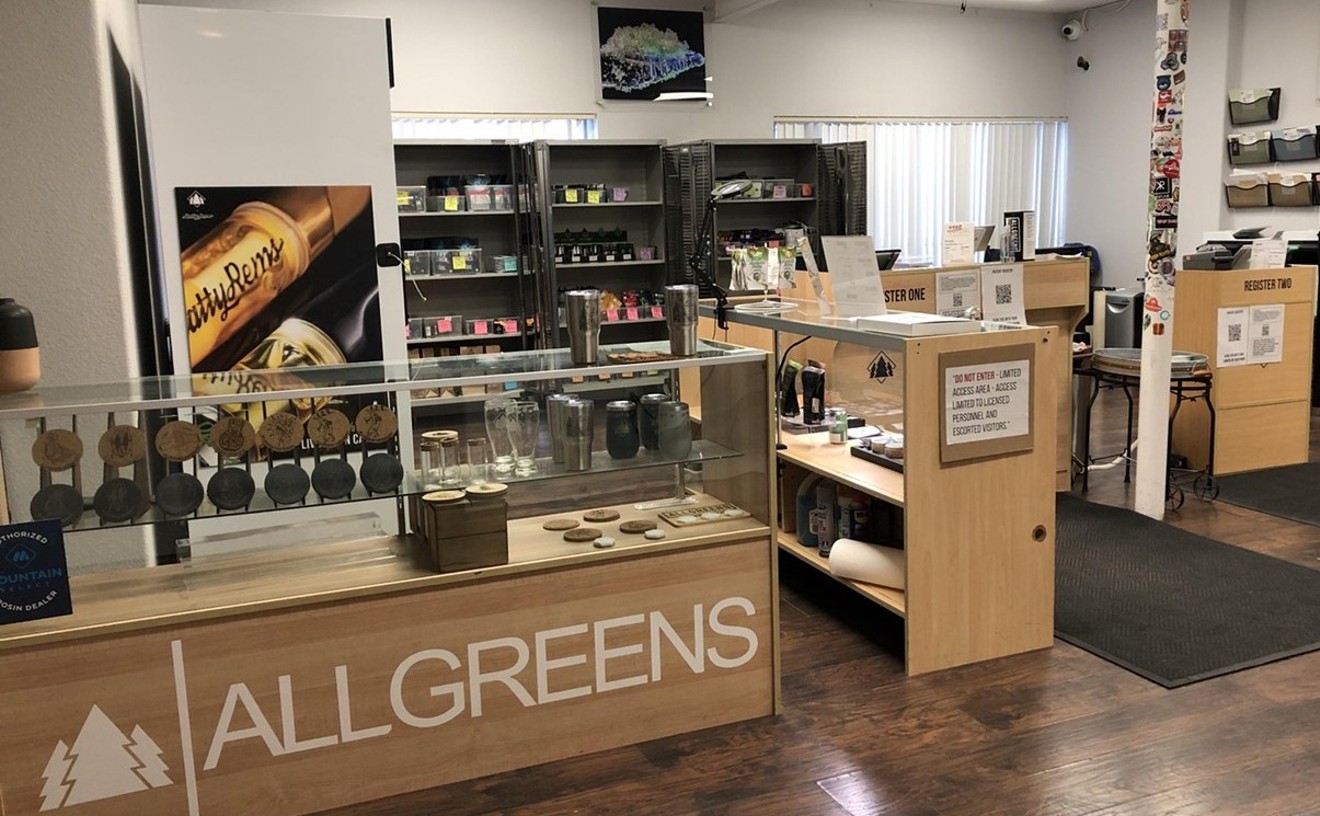The goal of CDOT's ongoing series of public and stakeholder discussions, the Cannabis Conversation, is to gather input on the perception of marijuana-impaired driving and receive feedback on recent and potential advertising concepts. CDOT has teamed with the marijuana industry and dispensaries to educate pot consumers about the dangers of stoned driving, and the organization has attended concerts at Red Rocks Amphitheatre and the 4/20 Fly High Festival to gather more public input.
Two split sessions took place at the most recent workshop, with stakeholders in the pot industry and impaired-driving awareness groups suggesting around fifty questions CDOT should help the public answer about marijuana use. Stakeholders then voted to narrow the pool down to five questions before the public open house.
After the votes were tallied, the five questions on marijuana were:
- What research should be done on a federal, state and academic level about marijuana?
- What alternatives are there instead of driving while high?
- How to teach children about marijuana-impaired driving through education campaigns.
- How to provide more information to the public about marijuana impairment and consumption methods.
- How the marijuana industry and related organizations can create a unified message about impaired driving.
“This is the industry and the government working together to raise a new awareness campaign,” Kelly noted.

CDOT's latest open house about impaired driving took place at the University of Denver.
Nina Petrovic
Suggestions from the public included adding a curriculum about marijuana-impaired driving in public schools, starting at seventh grade, as well as more information on the differences between edibles and vaporizers; other suggestions noted the risks women could face if they're alone in a ride share or public transportation while high.
According to CDOT, the responses impact how future awareness campaigns are crafted. However, the next campaign concepts are already done, and were presented to the public after the feedback session.
The first concept, "Twice as Likely," reminds cannabis users that they are around twice as likely to crash while driving high. "Don’t Ruin It for Everyone" equates marijuana-impaired driving to everyday situations where something is ruined, like giving away the ending of a movie. The affectionately named "Backseat Stoners" shows how consumers can stay safe and still enjoy marijuana in the back seat of a ride share or cab instead of behind the wheel, while "Uncomfortable High" shows the risk of using marijuana before work, with a surgeon as the example.
"Using what we learned in 2018, CDOT is now working with our partners and the public to identify solutions for how we can keep Colorado’s roads safe in an environment with prominent routine marijuana use. We’re also using what we learned to design a comprehensive public awareness campaign for 2020 aimed at reducing drug-impaired driving, which will be honed and evaluated based on feedback from the public," reads a description of the campaign on CDOT's website.
CDOT is also gathering more feedback on potential campaigns and public perception about impaired driving through an online survey.











